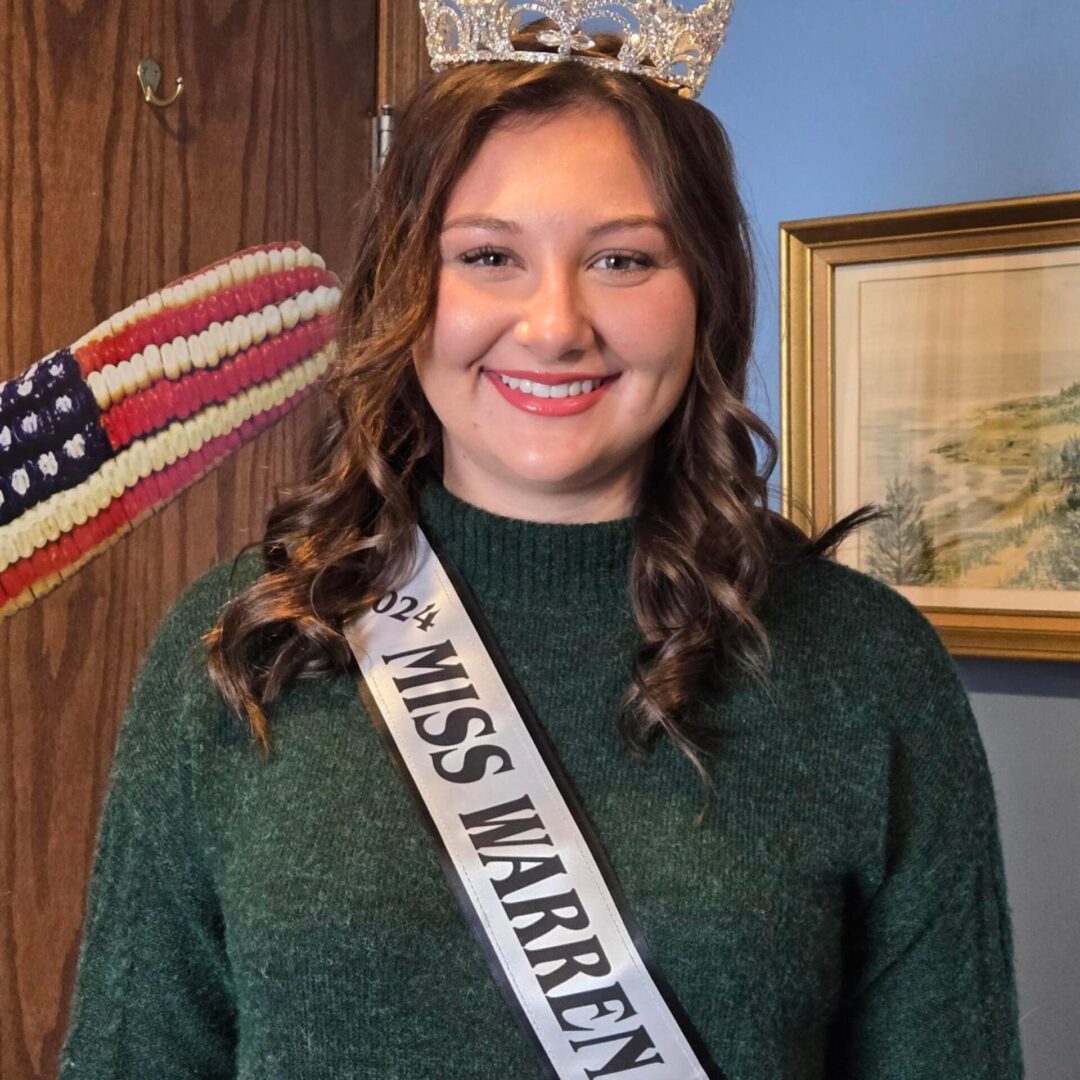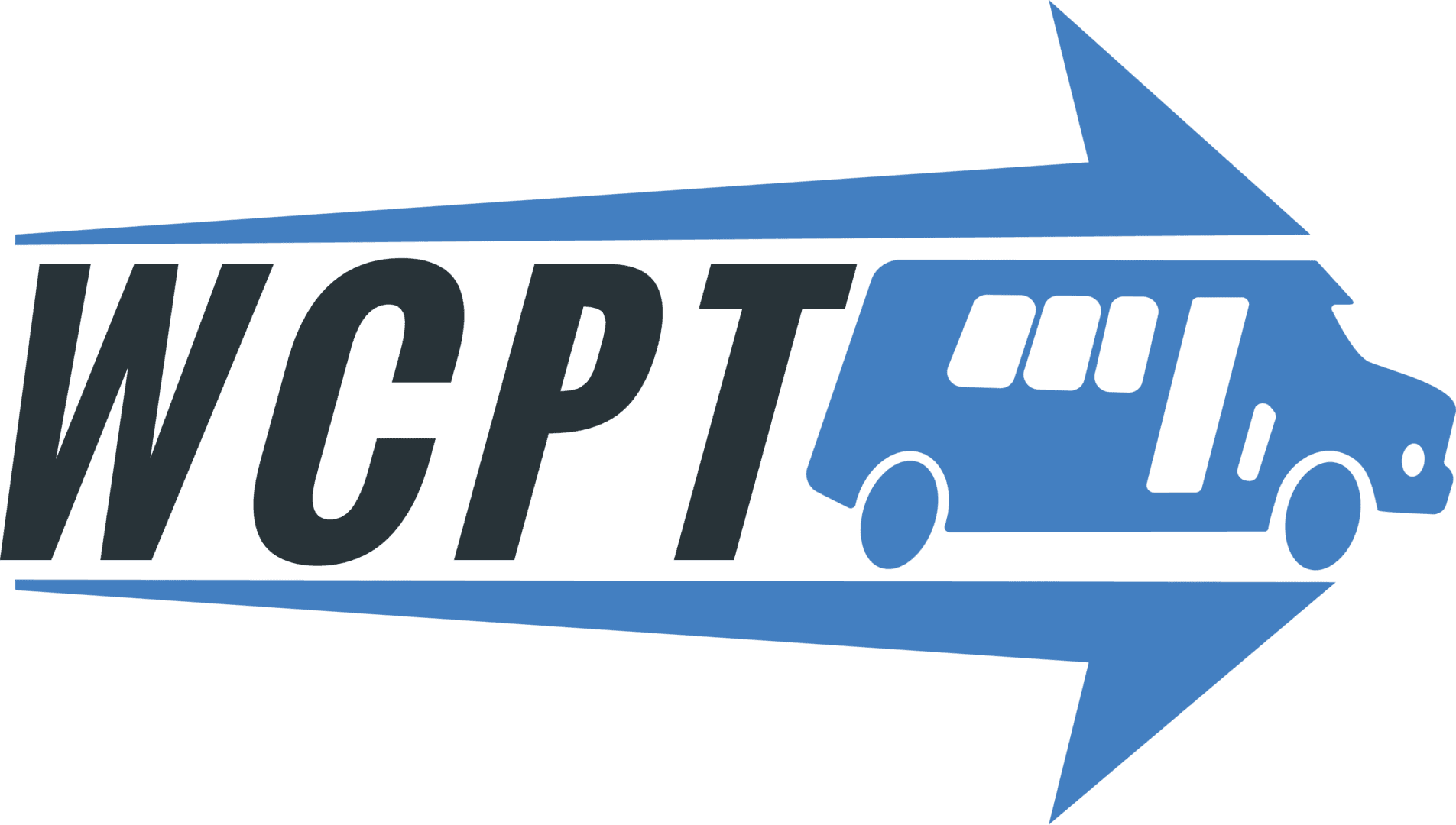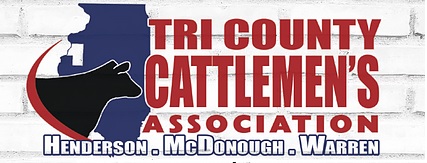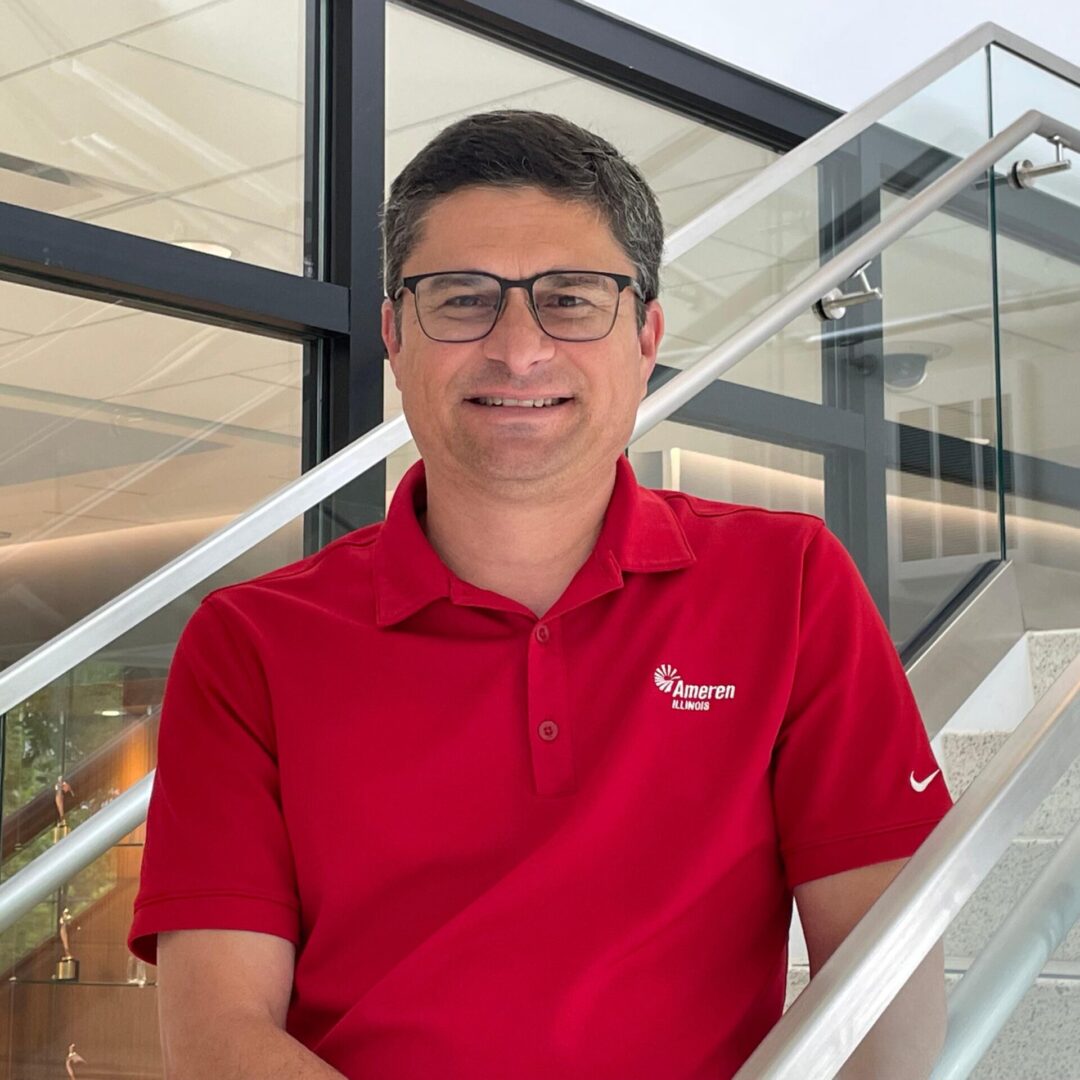Nearly $66 million in funding is on its way to improve access to health care for people across many communities in central and northern Illinois living at lower income levels.
The Illinois Department of Health and Family Services (HFS) is providing the funding over the next five years to Peoria-based OSF HealthCare and several Federally Qualified Health Centers (HQHCs) that have formed the Medicaid Innovation Collaborative (MIC), which will address social factors that impact health such as financial strain, housing, and food insecurity among others.
The MIC includes OSF HealthCare, OSF Medical Group, and Heartland Health Services (Peoria, IL), Chestnut Health Systems, Inc. (Bloomington, IL), Eagle View Community Health System, Inc. (Oquawka, IL), and Aunt Martha’s Health & Wellness (Danville, IL). Through this partnership, the MIC will engage with community-based organizations to address social determinants of health needs. Additionally, the MIC has partnered with Illinois Central College in East Peoria to develop education for community health workers.
MIC’s action plan aims to meet patients where they are; combining technology with trusted community health workers, making it easier to schedule and access care in-person or virtually, whatever best meets patients’ needs.
High Tech, High Touch
MIC will improve access to care through the combined resources of OSF OnCall and of the federally qualified health centers that make up the Collaborative.
OSF OnCall is an always-available digital care platform that lets patients navigate health and wellness from anywhere and at any time. It serves as a single point of contact for patients to manage their care, schedule appointments and services, and request information. Communty health workers at the partner entities will be the face of the Collaborative and provide the human touch in communities throughout the state. Each partner operates a FQHC which is community-based, serves people living at or below the federal poverty level, and provides a variety of primary and behavioral health care services for people of all ages.
“We learned during the pandemic that virtual care was a game-changer for patients, and the new funding will help us implement the latest technologies to expand access to care for underserved communities and vulnerable populations,” said Michelle Conger, CEO of OSF OnCall Digital Health.
How it will work
OSF OnCall will equip community health workers and medical care teams with digital technology so that the workers can provide care for more patients facing a broader range of health concerns. Offerings will include apps and remote monitoring for patients with chronic health conditions. A clinical team in Peoria will remotely monitor and support the health workers’ efforts in their communities.
Digitally-enabled community health workers and medical care teams will regularly engage with patients to assess their conditions, provide education, and refer them to a provider when needed. MIC will focus on the following:
- Stress, anxiety, and depression management
- Improved maternal and child health
- Health literacy and wellness
- Chronic disease management
- Cancer screening outreach
- Dental clinic expansions or staffing increases
- Implementation of the Epic electronic medical record system to enhance care coordination and communication
- Tech-enabled vans to deliver care in areas where the population is at risk
- Addressing digital connectivity in rural or underserved areas
MIC could create nearly 100 health care jobs across the service area, potentially covering up to one-third of the state. There will be a significant emphasis on employment opportunities for communities of color to ensure a workforce that reflects the population being served. The target is to provide 1 million episodes of care for Medicaid patients over five years in some of the most vulnerable and marginalized communities in the state.
***Report Courtesy of OSF HealthCare***















